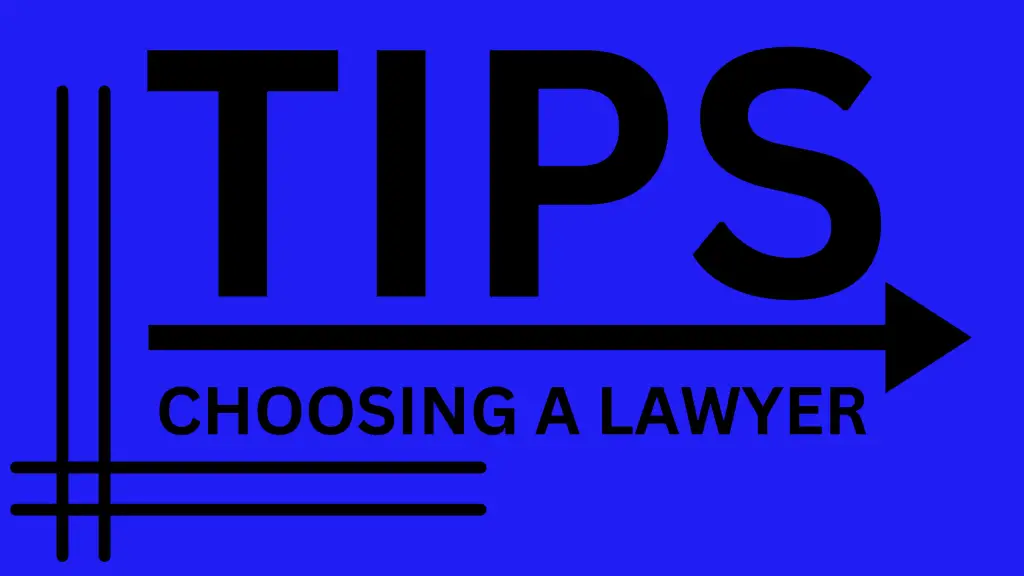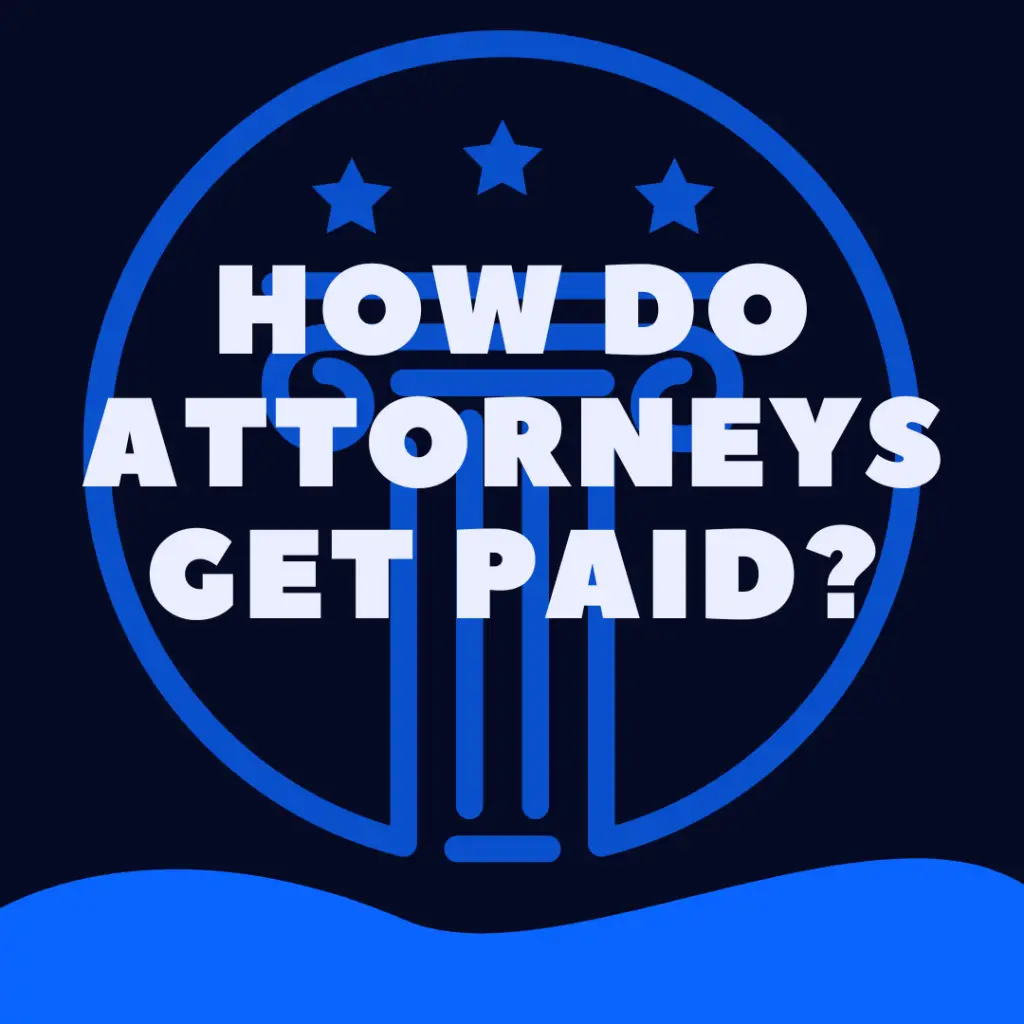How much money you need to hire an attorney differs from place to place, court to court, and case to case.
The amount of money need to “hire” a lawyer is also different from the amount of money needed to see the case through to the end.
Some attorneys will be willing to enter into a contingent fee agreement (no money up front, money at the end).
Others will be fine with a flat fee agreement (all the money up front).
Yet still others will request a retainer deposit for an hourly fee arrangement.
The only way to know how much money a specific attorney will need is to ask him or his firm for a quote, and that may require a full consultation to get an estimate for the costs of the entire case.
How Much Money Do I Need For a Lawyer? (Explained)
Disclaimer
The contents of this web page are for informational purposes only, and nothing you read is intended to be legal advice. Please review our disclaimer about law/legal-related information on this website before taking action based upon anything you read or see.

Cases With No Money Up Front
Cases that will need little to no money to hire a lawyer are generally contingency fee type cases, such as personal injury, slip and fall, motor vehicle accidents, products liability, and wrongful death.
A contingent fee arrangement is one where the attorney does not request money up front to pay for his time, and instead takes a percentage of the money recovered at the end (25-40%).
Clients are expected to pay costs (records fees, postage, filing fees) along the way.
If the case does not involve the possibility of a settlement or money judgment in favor of the client at the end of the case, then the attorney will not enter into a contingent fee agreement.
It should be noted that most state bars prohibit contingent fee agreements in family law cases (like divorce) where the spouse could receive a lump sum or property at the end of the case.
Cases With Fees Of $100-$1000 Up Front
Cases that need little to medium amount of money to retain an attorney are cases that do not require a lot of the attorney’s time.
This may be that the case is not complex, or the case may be handled mostly by legal staff (paralegals, assistants, clerks, interns) with the supervision of an attorney.
These cases include traffic tickets, name changes, simple probates, simple wills, demand letters, stipulated judgments, and uncontested hearings.
Attorneys may also do first DUIs that are diversion eligible, simple theft cases, and minor possession cases at this rate.
Cases with Fees of $1000-$2500 Up Front
If the case is contested but simple, it is really common for attorneys to request a minimum deposit of $1000-$2500.
This is standard even if the attorney does not think he will need the entirety of the deposit to complete the work requested.
Attorneys dislike having to chase clients for money, and clients dislike being chased for money after the fact.
If there is enough money placed in trust, then unless the arrangement is a flat fee, any money unused by the attorney or his team can be refunded.
Cases with $2500-$5000 Up Front
While it varies from state to state (and lawyer to lawyer), it is common for lawyers to request an initial retainer deposit (for hourly work) of at least $2500 to $5000.
This may not get the client all the way through to the end of the case, but the potential to earn fees in this range makes it worthwhile for the attorney to get involved, even if he has to withdraw at a later date.
Many contested family law cases (divorce, custody, parenting time, child support) will require the deposit of funds in this range.
Simple criminal cases, probates, appeals, and simple civil disputes will also require a similar amount.
Cases with $5000 to $50,000 Up Front
Anything complex will generally require a larger initial deposit to get an attorney involved.
If the case looks like it will take a lot of work, the attorney will require a larger deposit to make sure that he can get paid for his time.
In complex cases, it can be harder for the attorney to withdraw from a case, especially if the case is near to trial.
It is also harder for an attorney to make meaningful progress in the case without significant effort.
Don’t Have Money To Hire An Attorney?
Attorneys are expensive.
State bars recognize this, and all states have some form of reduced fee options, as well as legal aid agencies.
They may also be able to direct you to attorneys who accept payment plans.
Many attorneys also accept credit cards, though there may be a transaction fee.
Others may be open to creative payment options, such as payment with personal property (like cars), or even a trust deed.
Some states are setting up limited representation options, which allow attorneys to represent people for limited portions of the proceedings (like drafting pleadings).
Look for programs where paralegals are also allowed to assist in legal matters in limited ways.
Most courts now have resources to help people represent themselves (free forms, pleadings generators, instructions, and in-person assistance with filing).
Questions To Ask a Lawyer During a Consultation
A consultation with an attorney is your time to gather the information you need to…
Considerations When Hiring a General Practitioner vs a Specialist
When hiring an attorney, you’ll likely have a decent sized list of potential attorneys to…
Tips For Choosing An Attorney For The First Time
Choosing an attorney should be something done after much research and care. This is especially…
How Do Lawyers Get Paid?
In general, lawyers can get paid by clients in a few different ways: on an…
Can Lawyers Charge For Travel Time?
Answer: yes, lawyers can charge for travel time if certain circumstances are met, but the…
Can You Hire a Lawyer From Another City?
In general, assuming the city is in the same state, you can hire a lawyer…






